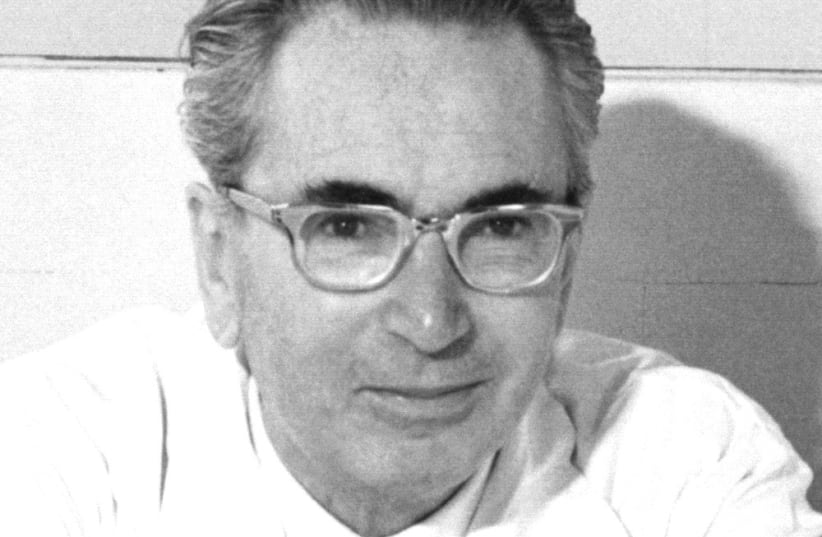The well-known thinker, neurologist, psychiatrist and Holocaust survivor Dr. Viktor Frankl once wrote, “Between stimulus and response there is a space. In that space is our power to choose our response. In our response lies our growth and our freedom.”
In many ways this statement is the very definition of the Jewish concept of tshuva – classically defined as repentance.
Tshuva is not simply about “being sorry,” receiving a “second chance” or getting a “do-over.” Rather, it is the act of examining the stimuli in our lives that might have led us astray and making better choices regarding how we will respond to them in the future.
In a way, we have two choices in responding to the mistakes we have made. We can either be depressed by the fact that we have made them and become paralyzed by our sense of regret and failure. Or we can respond by using our mistakes as a springboard for asking ourselves difficult questions which will enable us to improve ourselves. In so doing, the mistakes become a catalyst for positive change and growth. Instead of choosing to throw in the towel and give up in despair, we can undertake to work hard at formulating more effective responses to our challenging experiences and change who we are for the better – both as individuals and as a Jewish community.
Judaism makes it very clear that the concept of repentance is all about the second option: to review, to learn and to grow. The relationship between God and humanity is one built entirely on partnership and on His deep belief in each and every one of us that we are able make the right choices. In every way, the concept of free choice - a central tenet of our relationship with our fellow humans and with God - is built upon that trust.
The relationship between God and human beings is not an adversarial one. God has no desire to see us fail.
Our relationship with God is like the parent-child relationship or the husband-wife relationship. Effective parenting mandates that when a child makes a mistake – unless it is egregious – the best possible response is to exhibit confidence in our child to learn from their mistake, and to remind them that we trust them to make proper choices in the future.
In the same vein, when a loving spouse makes a mistake we don’t throw away the marriage; we find the opportunity to make amends and to learn from the situation.
We are in this together with God. We need God, and yes – God needs us, His junior partners.
The space to which Frankl refers, and the space which is the essence of tshuva, is that which exists between the time we make mistakes and our capacity to respond with a new path. That space should not be defined by paralyzing guilt or depression – as might be suggested by some.
Indeed, the day chosen for tshuva is the first day of a new year, Rosh Hashanah, signaling an opportunity for new beginnings and opportunities. The message is that our response to mistakes is not to wallow but to respond to them in productive ways that will make our future that much better.
Similarly, the day on which the ten-day process of repentance culminates, Yom Kippur, is not a day of mourning. Certainly, the introspection and self-evaluation in which we engage is made more real by the mitzvot of fasting and avoiding other worldly pleasures. But in every sense, Yom Kippur is a day of joy and a reminder that the ability to change and chart our own new paths lies in our own hands. In fact, during the Temple period, Yom Kippur afternoon was marked by a major singles event accentuating the idea that new paths of renewal lie in our hands.
We stand at a time in human history where all too many of us feel incapacitated by the constant uncertainty gripping our world. The past 18 months have in many ways induced a sense of global paralysis. Just when we think we can move and run again as individuals and a society, reality seems to push us down.
But we need to muster the courage to respond optimistically, with a recognition that past errors, uncertainty and challenges do not define us and must not limit us. What truly defines us as individuals and as a society is our responses, as Frankl so correctly observed, as our Jewish tradition teaches and this holiday period celebrates.
The writer is president and rosh yeshiva of the Ohr Torah Stone network of 30 institutions and programs.
